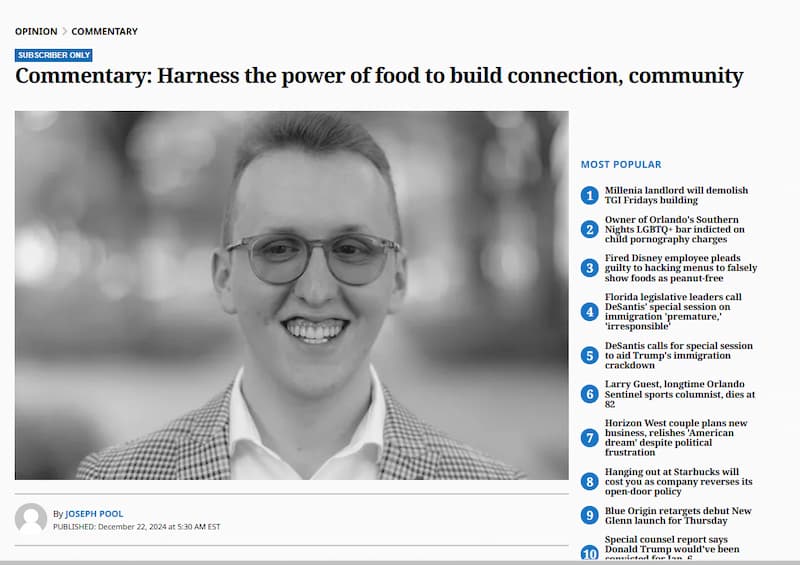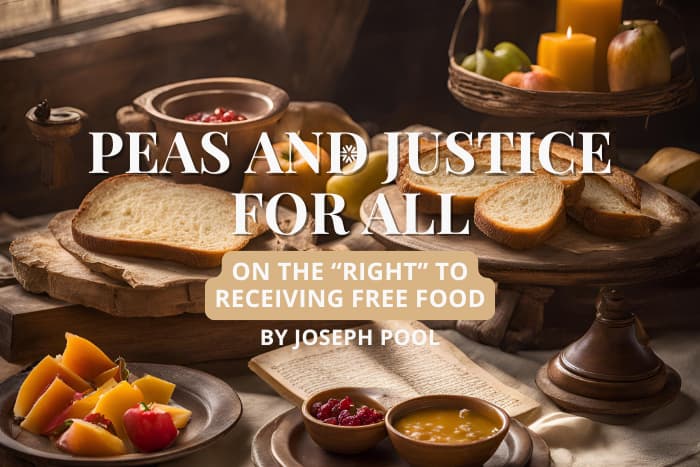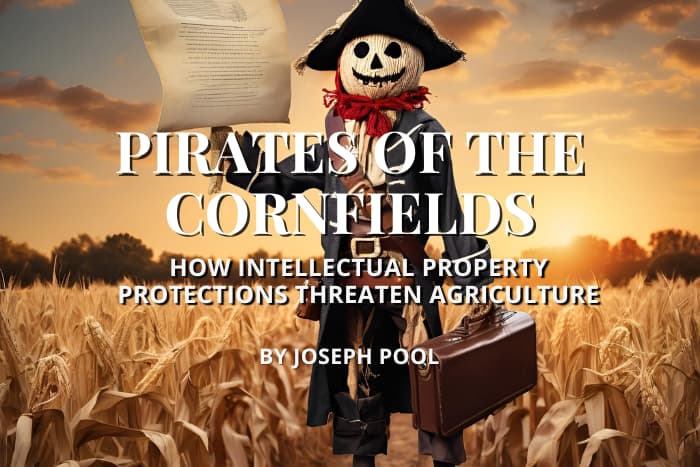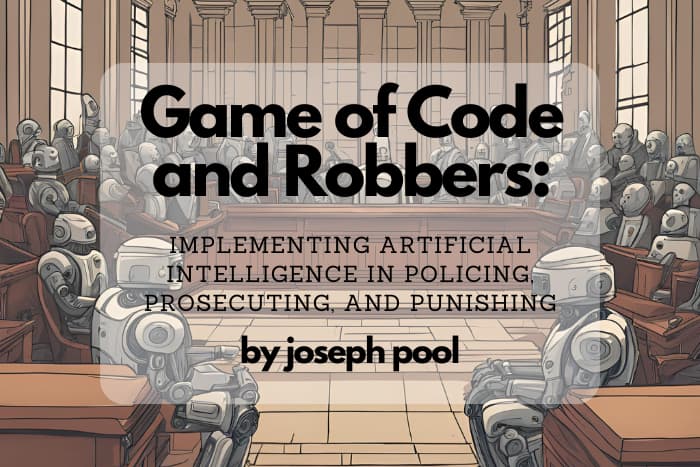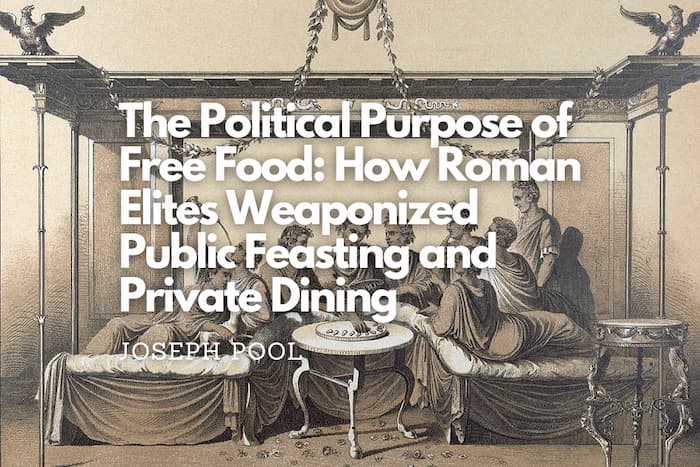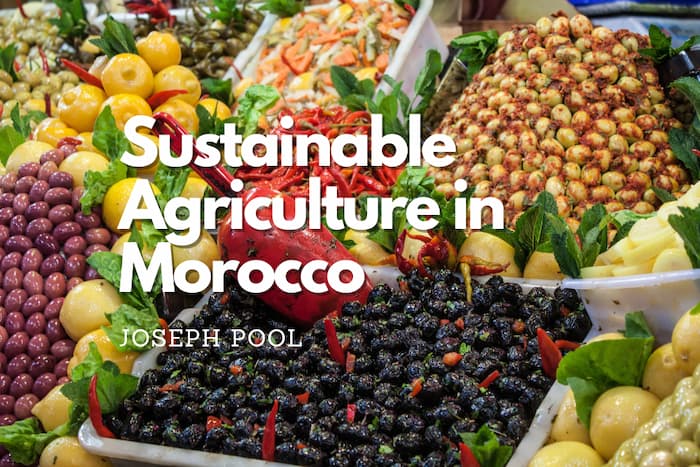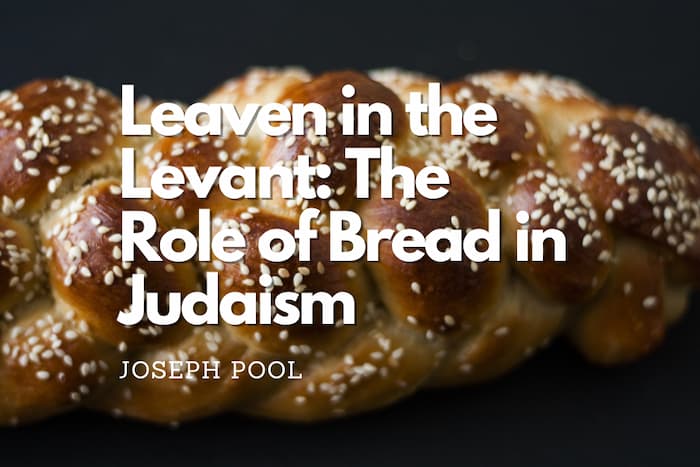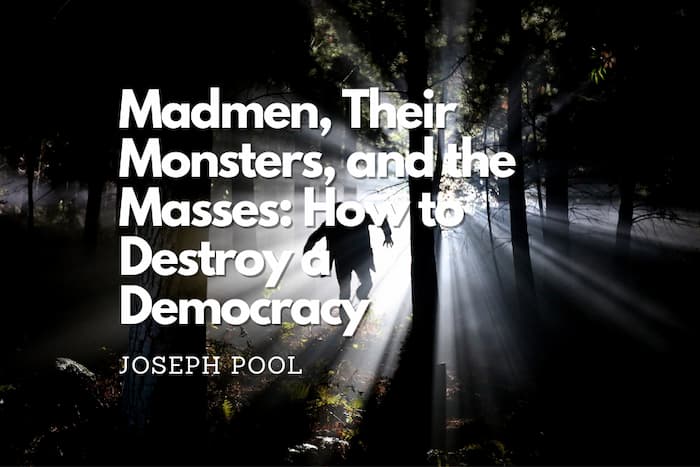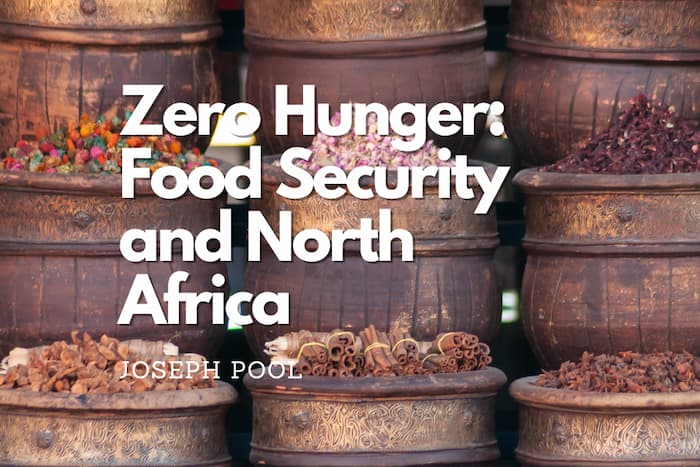By Joseph Pool
While it may sound like a restaurant advertisement, there is magic in every meal. Throughout history, food has been a source of connection, community, power, and peacemaking. The first permanent societies were centered around arable land that could yield food, and many of the first professions were based on growing, tracking, protecting, and distributing the food. Some believe that number systems and written languages themselves were developed in order to aid with the producing and storing of food. Simply put, all people need food to live and thus, there is no better way to connect with people of all backgrounds and beliefs. Food is more than a catalyst of calories, it is a creator of community.
When President Nixon visited China in 1972—the first time a US President had stepped foot into the nation—the banquet menus were discussed as much as the diplomatic breakthrough itself. When signing billion dollar contracts or strategizing how to allocate trillions in the US budget, businessmen and politicians alike will often meet for a working lunch or celebrate with a business dinner. When ancient treaties were signed, the new peace was signified by sharing a feast. None of these are coincidences, they are examples of culinary diplomacy—the strategic use of shared meals to bridge beliefs and create connections.
I was born with the gift of visual impairment, so while I may not have spent my elementary school days on the baseball field, I found myself often in the kitchen relying on my other senses of taste and smell, especially of the fragrant cumin, paprika, harissa, and onion in my family’s Moroccan fish cakes. My childhood memories center on those delicious dinners and the connections to my family and culture that were created at the table. These meals always conclude with sweetened spearmint tea known as nana. In our culture, it is served to guests as a sign of hospitality, respect, and appreciation. In the communal pot the leaves are steeped in, so too are ideas of common civility and diplomacy. Everyone is poured a beverage from the same pot while ideas are exchanged and topics are debated around the same table.
When I came to the picturesque campus of Rollins College, I realized how much I missed these conversations and the food that prompted them. Inspired by the mint tea diplomacy of my childhood, I wanted to steep culture and connection into what I did at Rollins. I founded Breaking Bread, a student organization putting the idea of culinary diplomacy into practice across campus and around the local community. In our first week, over 100 students registered to be part of this phenomenon. A year later, we are the most active and amongst the largest organizations on campus. We have been supported by a grant from Interfaith America and I was selected as a Ginsburg Fellow to receive mentorship and resources on how to make a genuine impact in the community. This success was partially because of persistent advertising, partially because of personal invitations, but it was truly because of the power of food.
We host a “Monthly Eating” in which cultural heritage months are celebrated with themed food and free-flowing conversation. People walk into these dinners as strangers and often leave with one another’s numbers and social media accounts. More impactfully, we began a “Dinner Discourse” series to bring people of opposing viewpoints together for moderated discussions of controversial issues, such as potential limitations to free speech, how colleges and whether “DEIB” programming actually improves inclusivity. Over the course of the moderated meal, participants are asked to explain each other’s arguments and analyze their own arguments’ shortfalls. When sharing food and a table with someone of a different view, the debates go from polarizing and personal to productive and policy-driven.
We approach the holidays and families again gather around the tables, the power of food is a power we all should look to harness. Do not take the meal for granted—do what leaders of religions, nations, and corporations alike have practiced for thousands of years… engage in culinary diplomacy. Host a meal or really engage at one. Whether finalizing a deal or finding yourself in a full-on debate, it pays to break bread.
